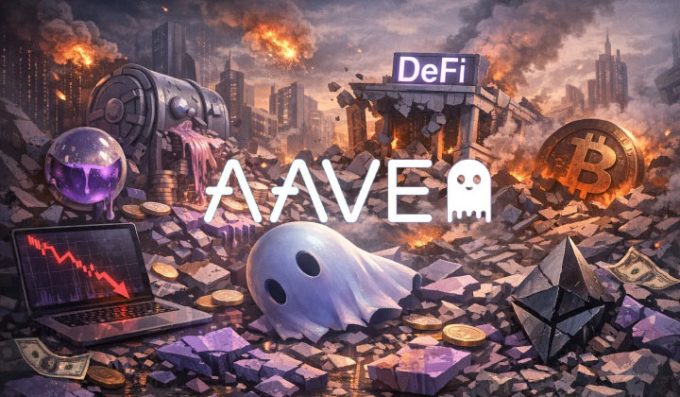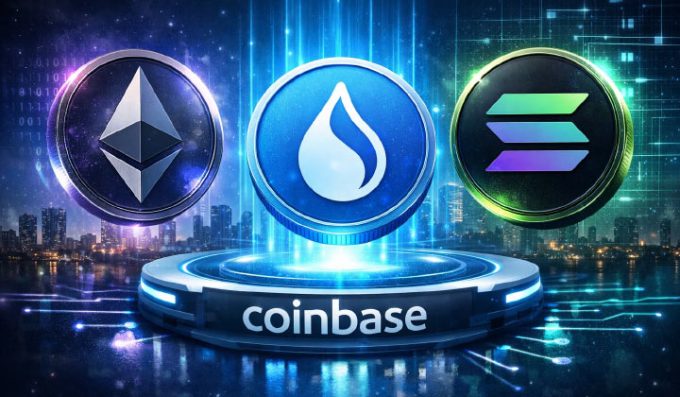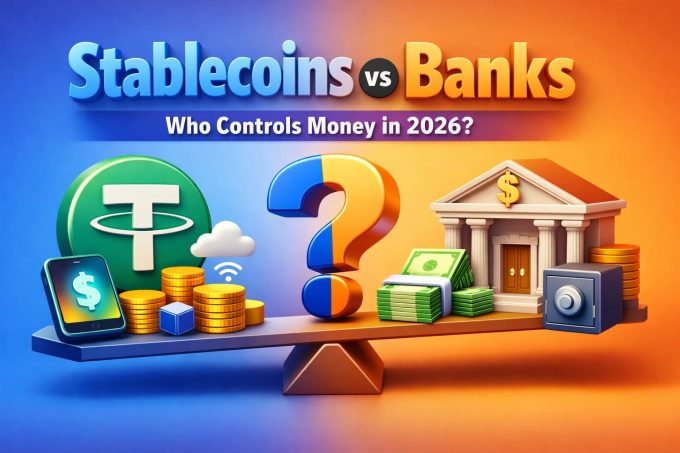Hope Floats For Lesser Gas Fees…
By Shubham Joshi
While the constantly evolving world of web3 absorbs new upgrades and protocols every few months if not days, “gas fees” is one topic that is dear to all stakeholders of a blockchain. Improved and latest tech upgrades are expected to lower gas fees. Let’s understand what these gas fees are.
The term “Gas fees’ is a commonly used term for calculating the cost that users of blockchain protocols pay to network validators each time they want to carry out a function on the blockchain network.
Gas serves as an incentive for network validators to accurately record transactions and act honorably in the maintenance of the protocol.
Any activity carried out directly on a blockchain, from running a smart contract to buying a non-fungible token,requires computational power to process and finish.
Network validators are a distributed group of individuals who authenticate transactions on the blockchain by running a specialized computer programme. The process carried out via computers consumes a lot of energy. The ability to convert a transaction into a block at a bare minimum costs reflects in gas fees.
Gas fees play a crucial role by transferring value from individuals who need a blockchain network service to those who are providing the processing power required to run it.
While Polygon and Ethereum make use of the term “gas fees,” other blockchains like Solana and Bitcoin refer to the term as “transaction fees.” The name “gas” refers to the fee’s resemblance to the fuel that powers a car.
How are gas fees calculated and paid?
Gas fees are based on the basic fundamental economic concept of demand and supply.
In the context of a blockchain, supply refers to the aggregate computing power of validators on the network, while demand refers to the total computing power required to perform transactions submitted on the network by users.
Previously gas fees were calculated based on two factors:
- Gas Price:The price a user selects to pay for each unit of gas. It means setting the price which you;re willing to pay per unit of fuel.
- Gas Limit:This limit is set by the user and it determines the maximum amount of gas that can be used to execute a particular activity.
The Ethereum network now uses a base fee that automatically varies per block depending on user demand, as opposed to users setting the cost of gas fees, and also specifies the lowest price a user must pay to get their transactions processed.
In the event that a user sets a gas limit too high, the network will automatically refund them the difference after their transaction has been completed.
You need to login in order to Like













